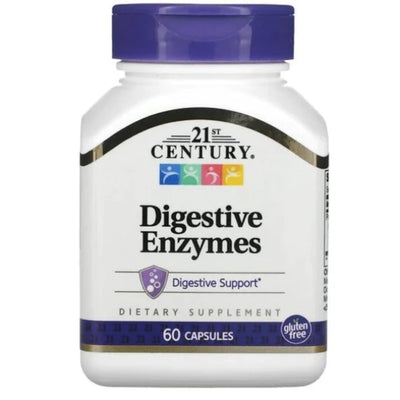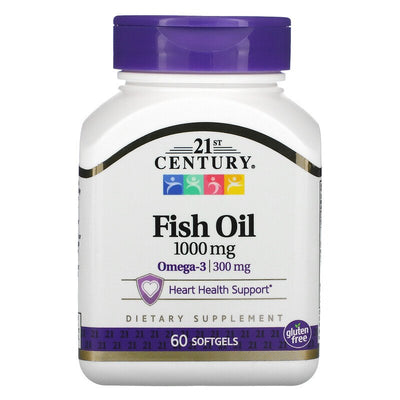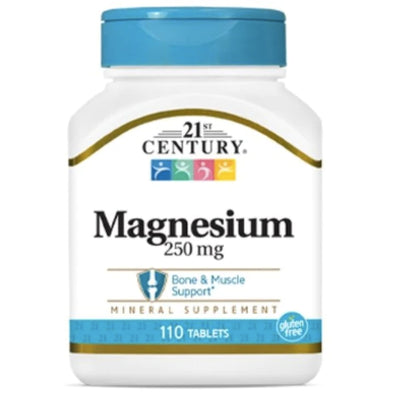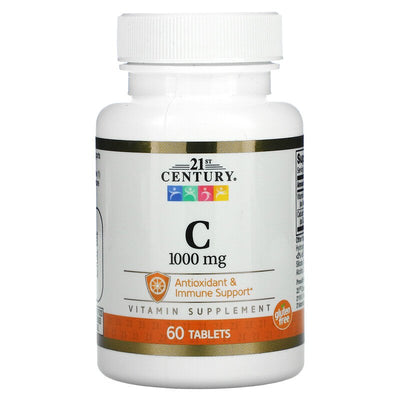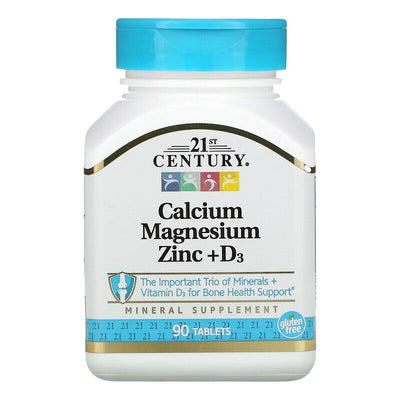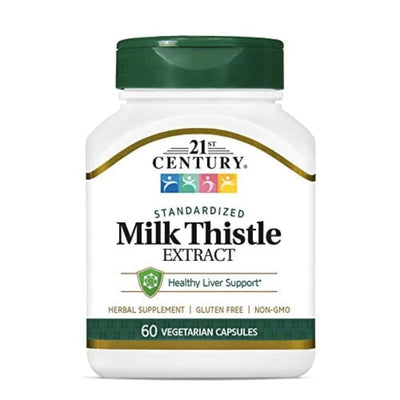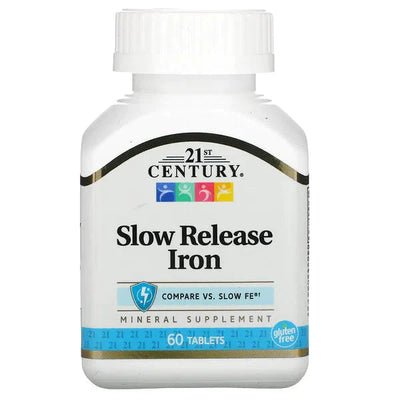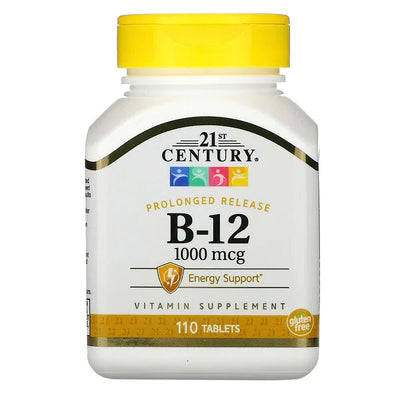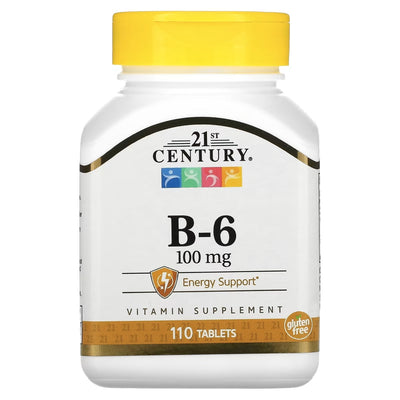
The Power of Protein: Essential Guide to Muscle Building
Why Protein Matters for Muscle Building
Protein is made up of amino acids, often referred to as the building blocks of muscles. When you engage in strength training or resistance exercises, small tears occur in your muscle fibers. Protein steps in to repair these tears, which not only helps the muscles recover but also grow bigger and stronger over time. The process requires a consistent supply of protein to fuel the repair and growth of muscle tissue.
Optimal Protein Sources for Muscle Gain
-
Whey Protein: Whey is a complete protein derived from milk that is quickly absorbed by the body. It’s rich in all the essential amino acids and is particularly high in leucine, which is known to trigger muscle protein synthesis. Whey protein isolate and hydrolysate are excellent choices post-workout due to their high purity and fast absorption rates.
-
Casein Protein: Unlike whey, casein is slowly digested, making it ideal for consuming before bed. It provides a steady stream of amino acids throughout the night, which helps prevent muscle catabolism while you sleep.
-
Soy Protein: A complete plant-based protein option that contains all the essential amino acids. It’s a great alternative for those who follow a vegetarian or vegan diet.
-
Eggs: Eggs are a powerhouse of high-quality protein and nutrients, making them perfect for any muscle-building diet.
-
Meat and Fish: Lean meats like chicken, turkey, and lean cuts of beef, as well as fish like salmon and tuna, offer high-quality protein along with other nutrients like omega-3 fatty acids, which can aid in muscle recovery and growth.
How Much Protein Do You Need?
The amount of protein needed for muscle building can vary based on your weight, age, gender, and the intensity of your exercise regime. A general rule of thumb for those looking to build muscle is to consume approximately 1.6 to 2.2 grams of protein per kilogram of body weight per day. It's important to distribute protein intake evenly throughout the day to continuously fuel muscle synthesis and repair.
Tips for Integrating Protein into Your Diet
- Post-Workout Nutrition: Consume a protein shake or a high-protein meal within 45 minutes after your workout to maximize muscle repair and growth.
- Include Protein at Every Meal: Ensuring each meal has a good protein source helps maintain a steady intake throughout the day.
- Variety is Key: Mixing up your protein sources can provide a broader spectrum of nutrients and make your meals more enjoyable.
Conclusion
Protein is indispensable in your journey to building muscle. By choosing high-quality protein sources and timing your intake strategically, you can enhance your muscle gains and improve overall fitness. Remember, consistency is as important in your diet as it is in your workout routine. For a comprehensive range of high-quality protein supplements that can support your muscle-building efforts, visit Supps247.
This essential nutrient not only fuels your workouts but also transforms your body's ability to develop and maintain muscle over time. Whether you’re a seasoned athlete or just starting your fitness journey, incorporating enough protein into your diet is crucial for achieving the best results.







